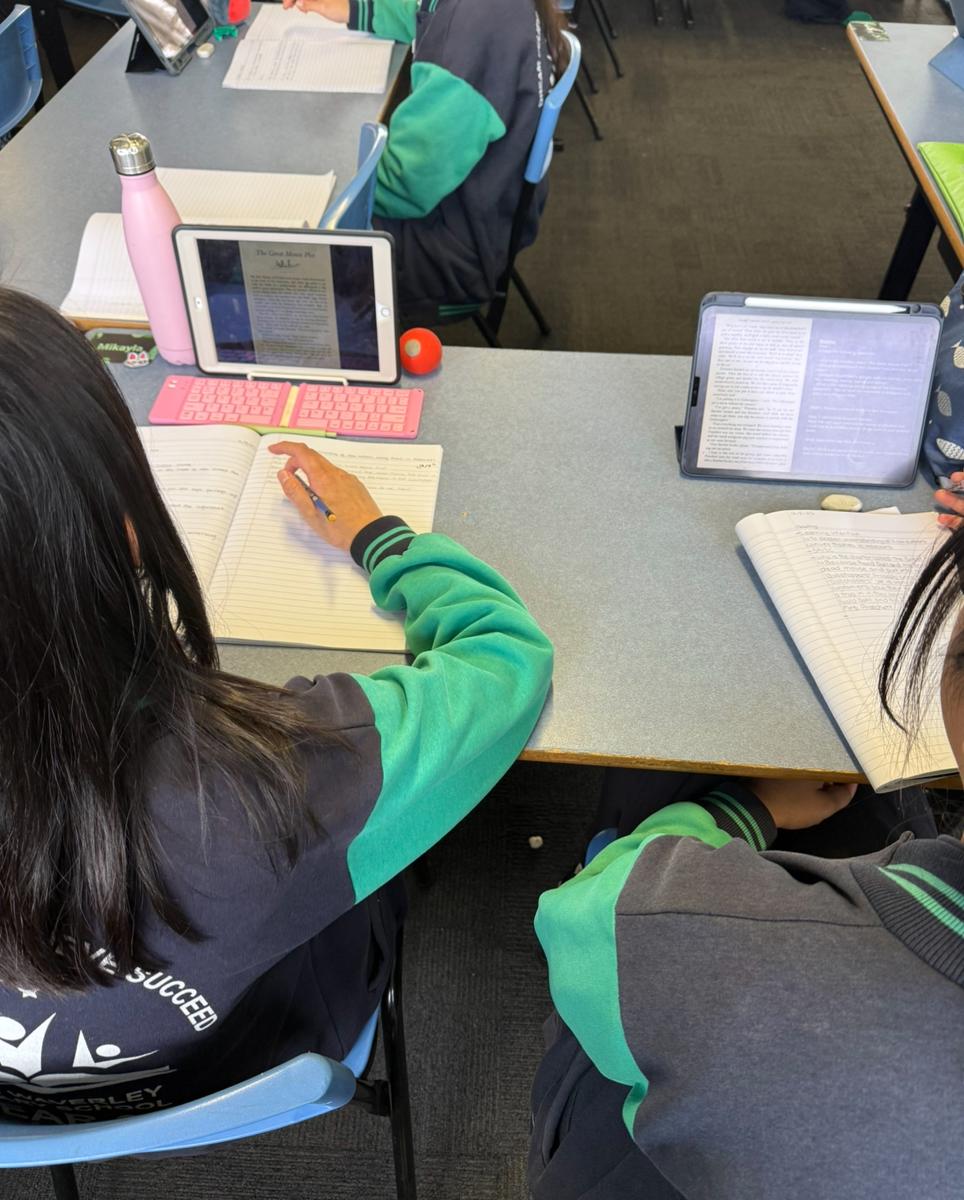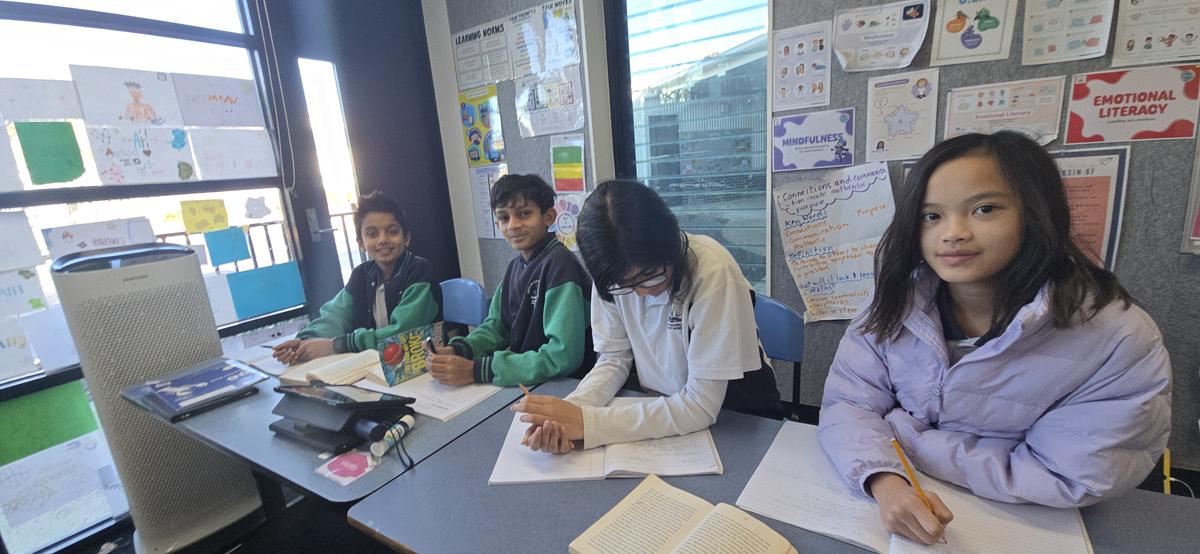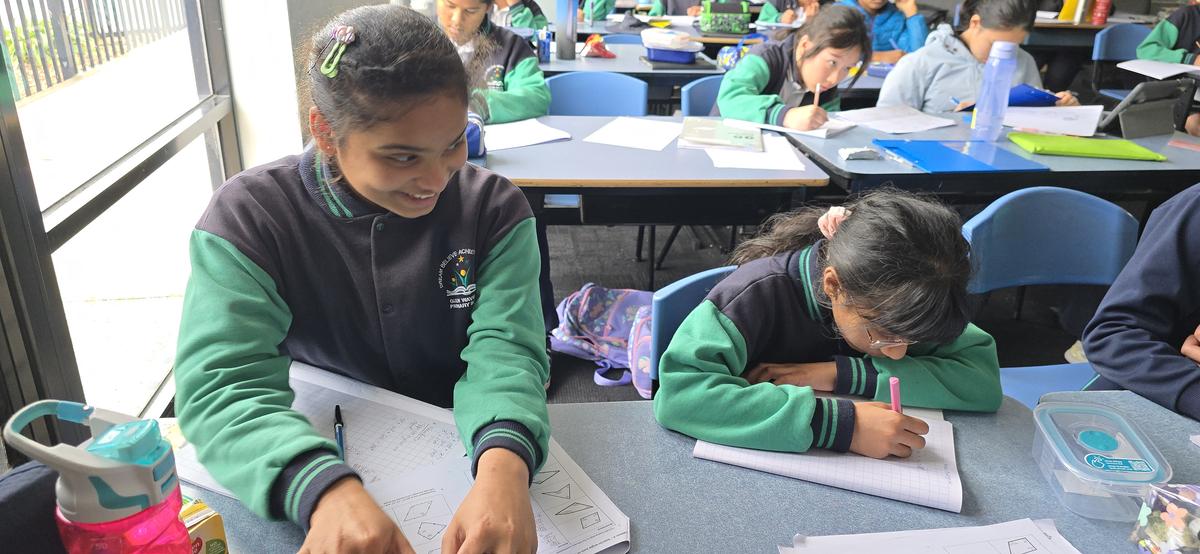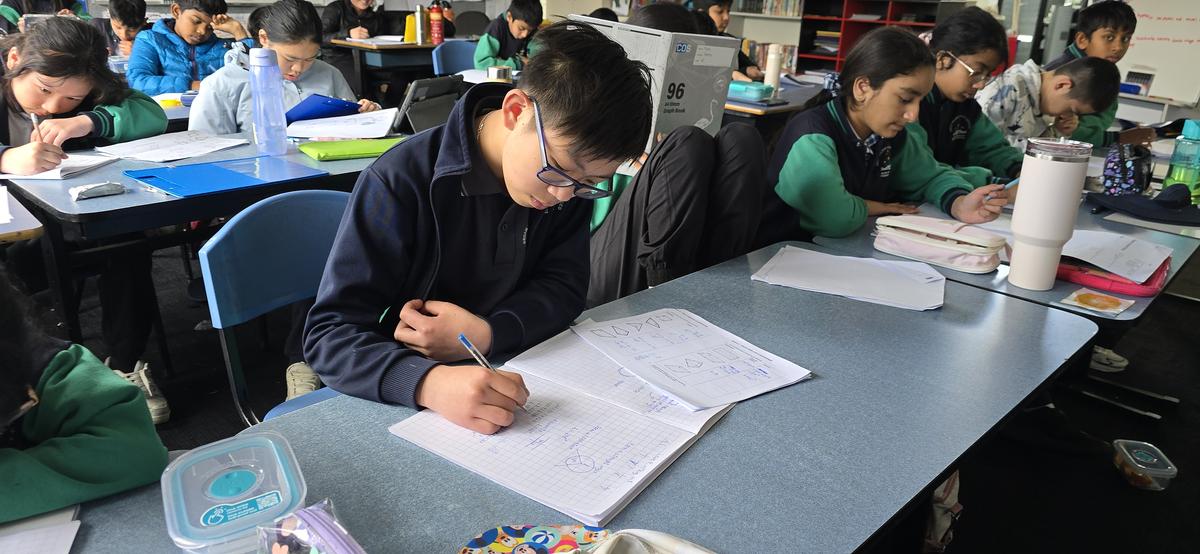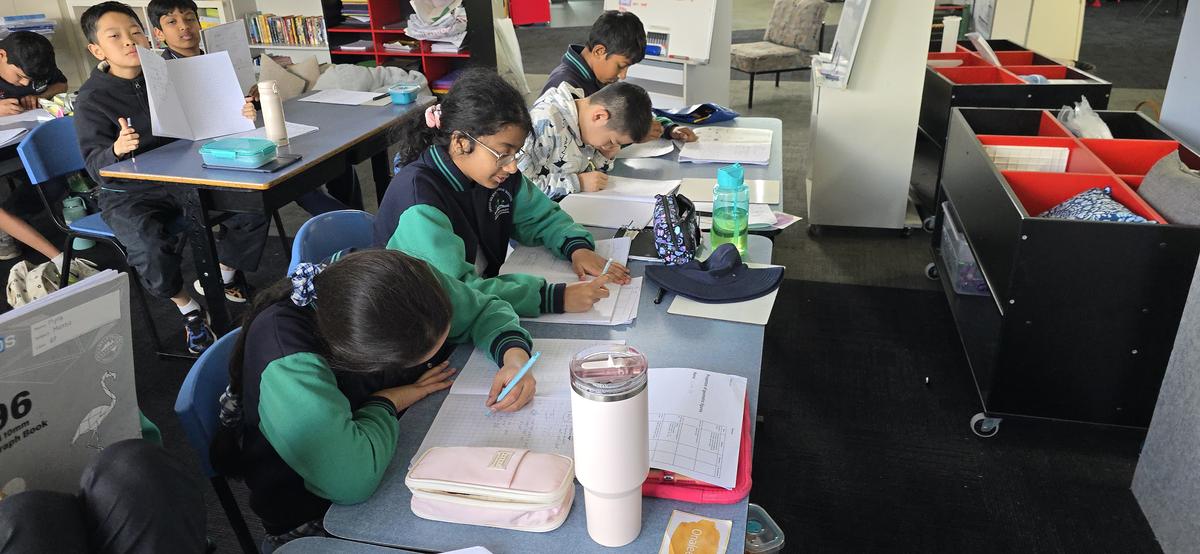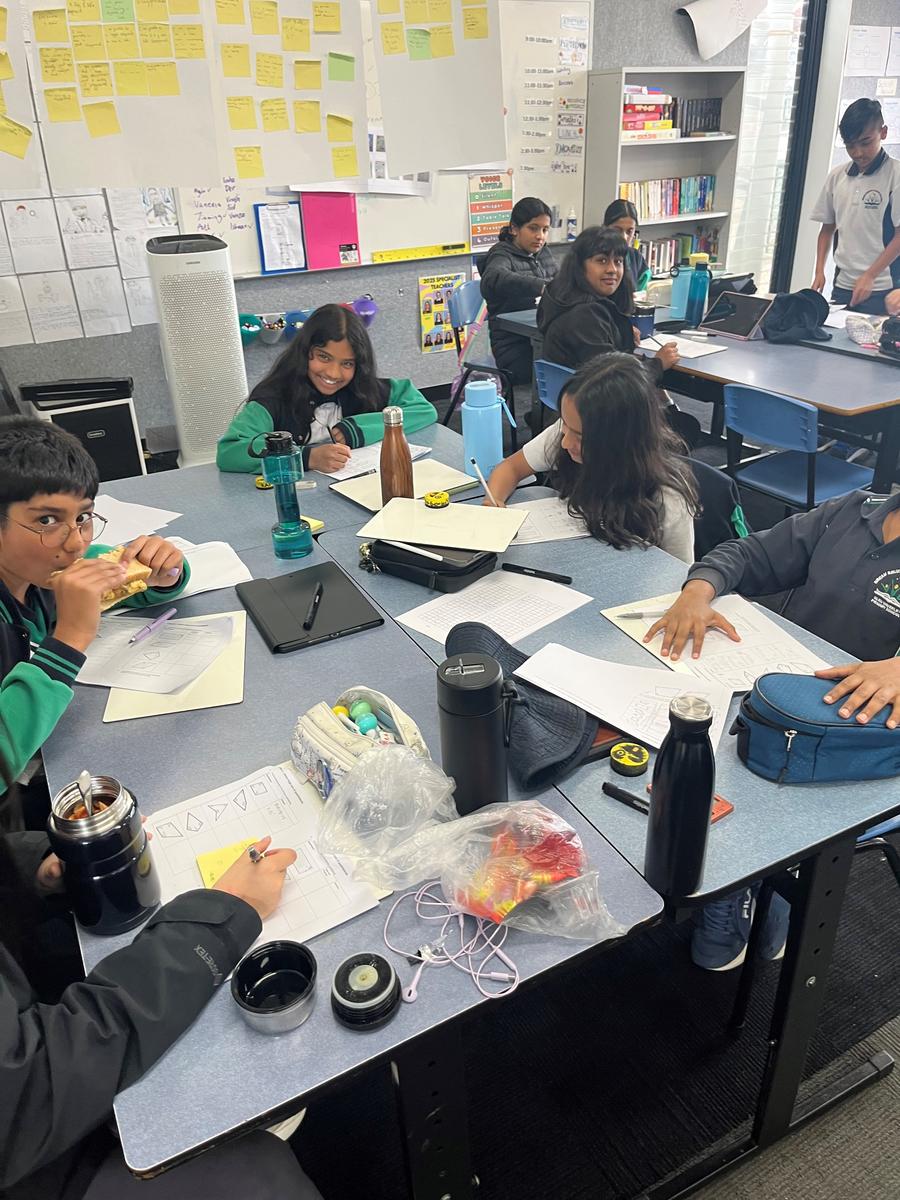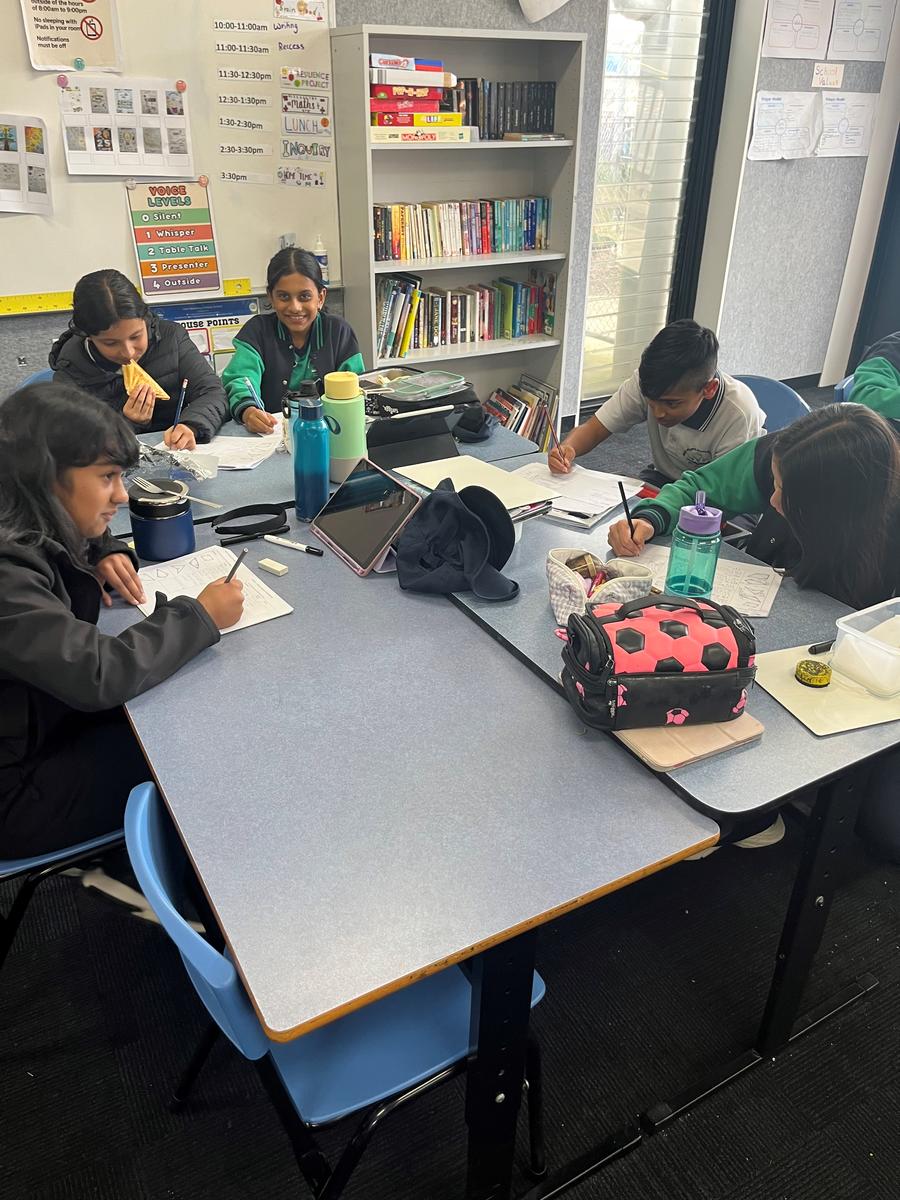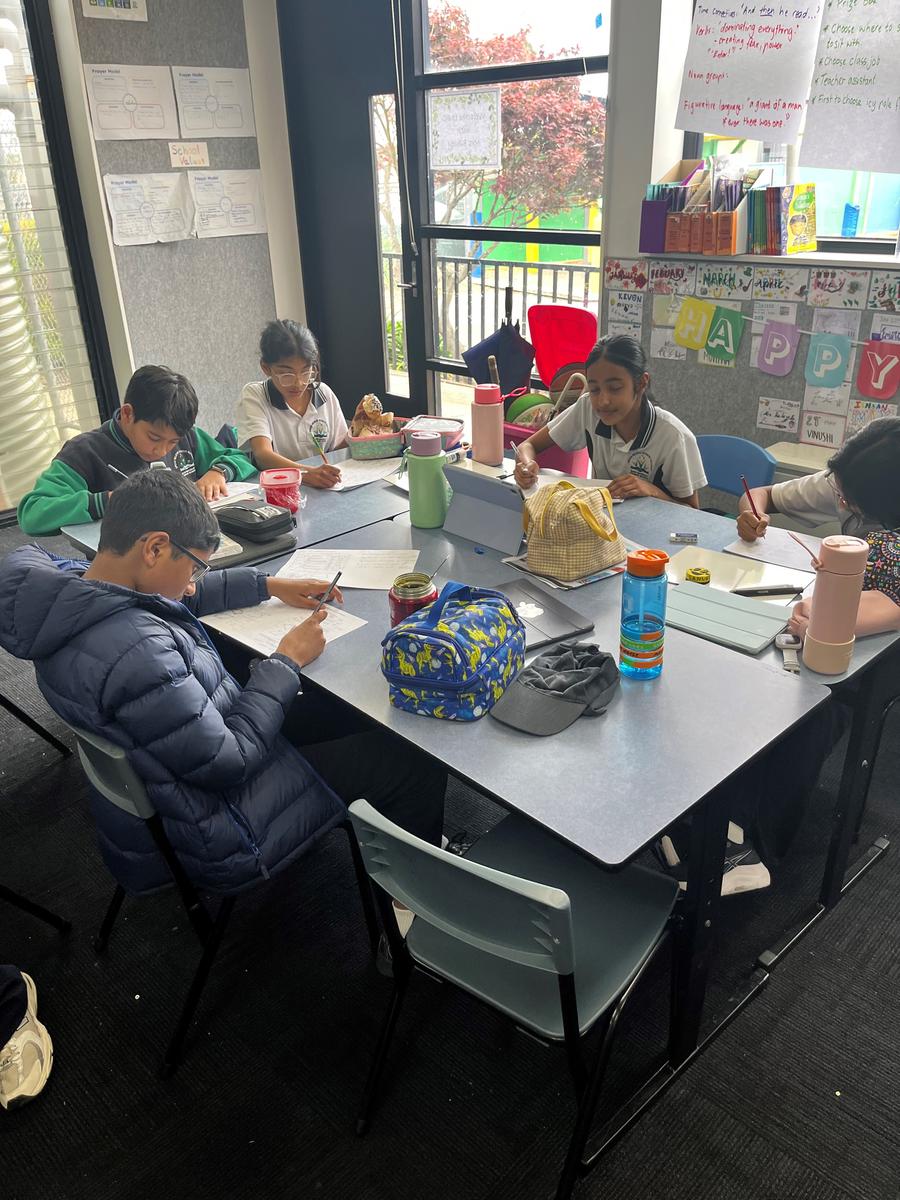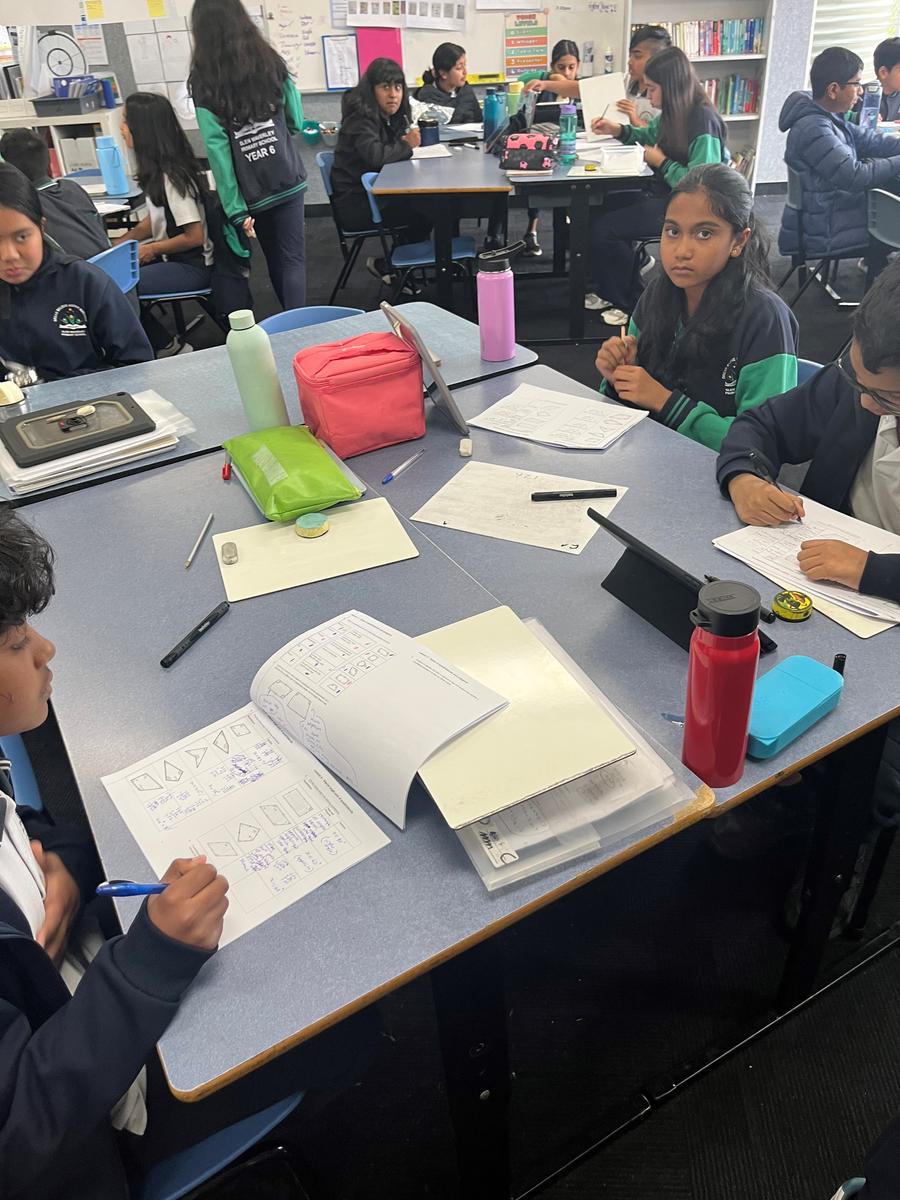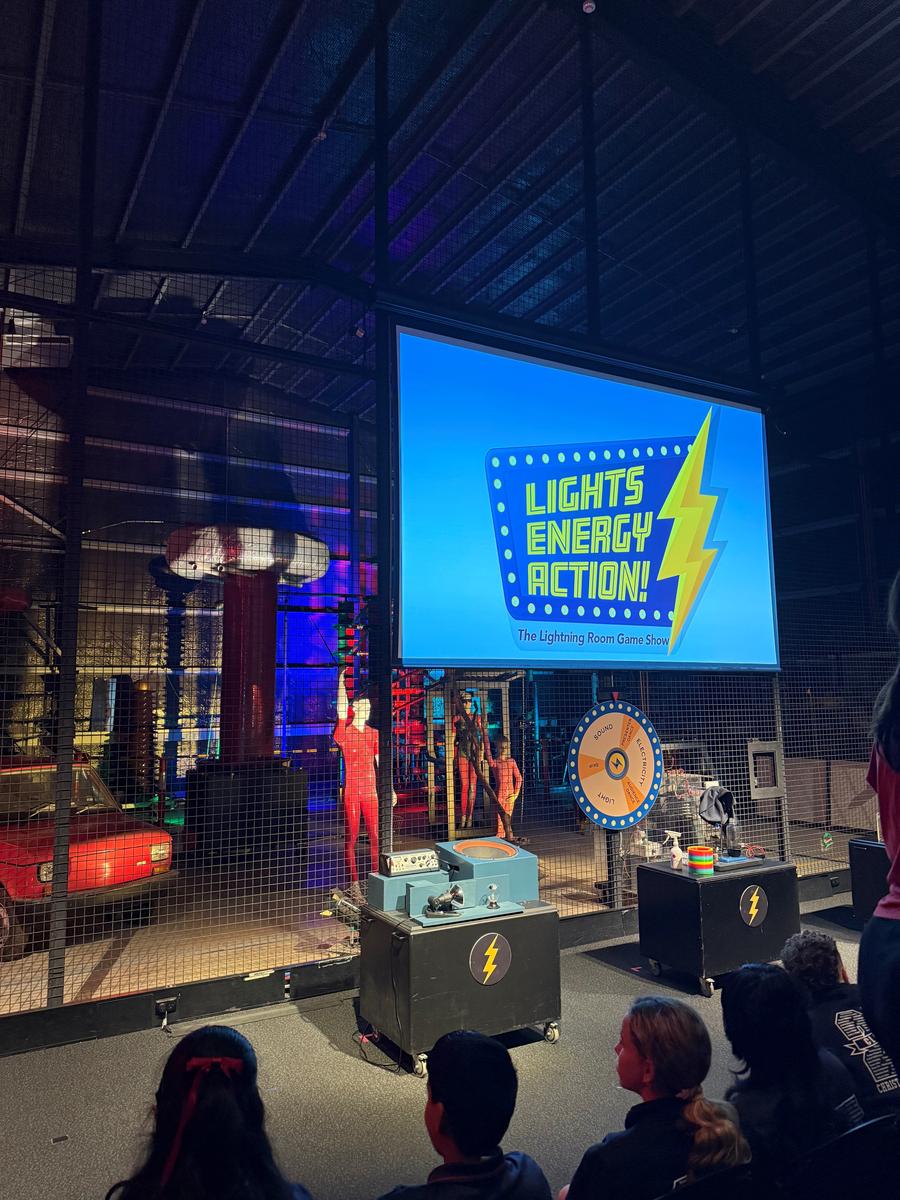Term 4 Level 6 Newsletter 2025
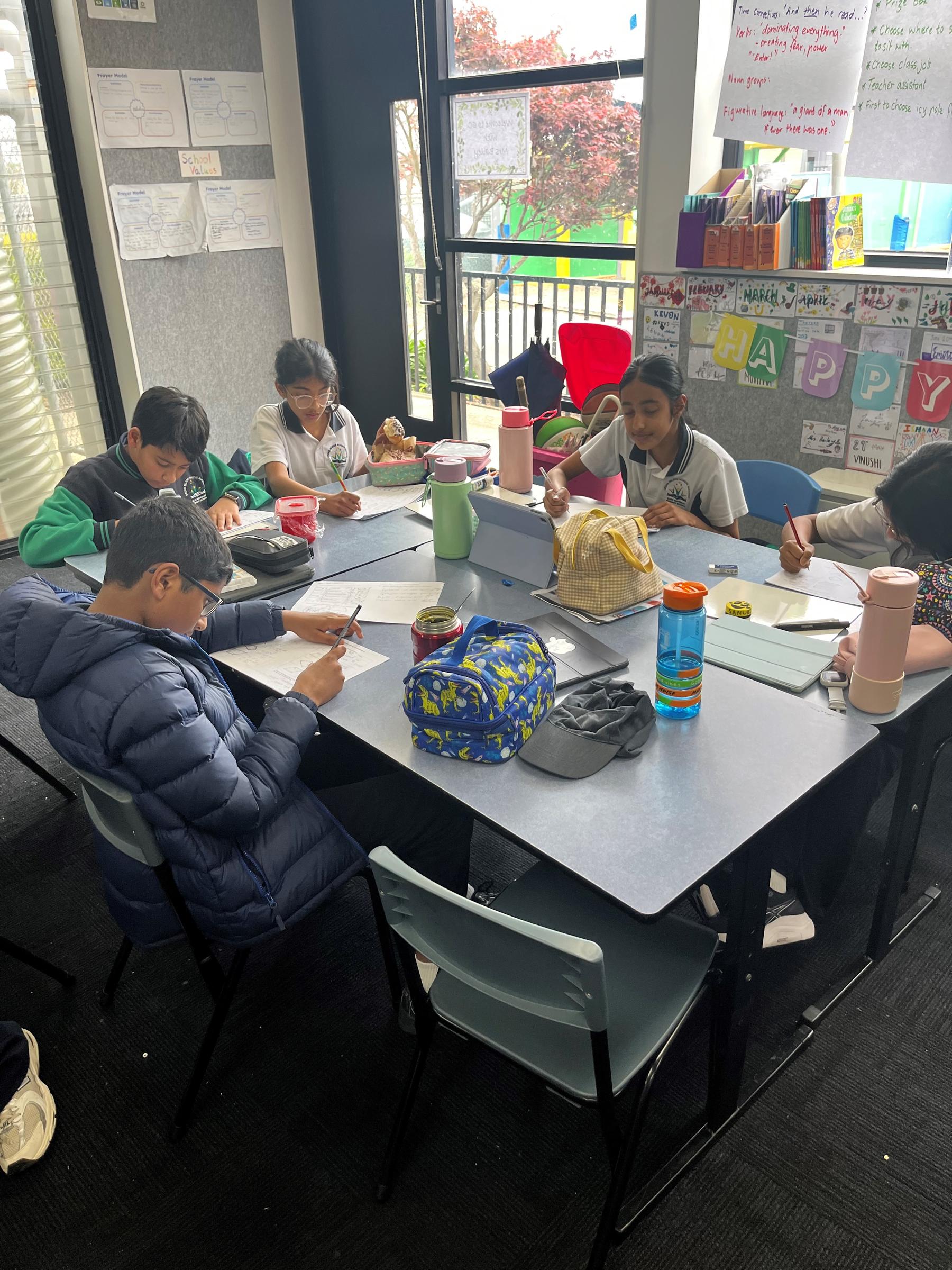
Reading
Students will begin the term by diving into analysing a range of famous speeches, identifying the intended audiences and language features used to ‘hook’ them in. Students will explore the different purposes of speech writing, discovering how language can be altered to inform, persuade or entertain their audience. The deep analysis of speeches will support students as they embark on the exciting project, to craft their own graduation speeches, reflecting on and celebrating their primary school learning journeys. As the term progresses the learners will embark or deepening their understanding of the exciting world of poetry. They will analyse different poems; comparing how language devices are implemented to share messages and elicit imagery in the reader’s mind.
Reading Key Vocabulary:
Imagery, visualisation, inference, prediction, devices, audience, purpose
Writing
In writing, we’re excited to dive into the dynamic world of speech writing in preparation for our Year 6 Graduation. This unit will help students craft compelling speeches that reflect their experiences at Glen Waverley Primary School. They will unpack the importance of understanding one’s audience and how to connect to a specific group, keeping in mind their diverse interests and expectations. Students will also review how to organise a well-structured speech focusing on featuring; strong openings that engage the audience, developed arguments that support both the perspective and flow of the speech and powerful conclusions to summarise key thoughts.
As the term progresses, students will engage with poetry in a variety of ways to enhance their writing skills and appreciation. They will learn how to poets convey deep messages and emotions using visualisation and imagery. Students will practice visualising scenes described in poems and use their own imagination to create descriptive and evocative language. In addition to this, they will develop their own vocabularies by exploring and incorporating descriptive language into their own poetry.
Writing Key Vocabulary:
Audience, structure, tone, volume, perspective, point of view, argument, call to action
How can you support your child’s English learning at home?
- Share famous speeches that may have impacted your own childhood. Explain to your child how this was inspirational for you.
- Notice and discuss poetic devices during everyday tasks such as identifying descriptive language in songs on the radio.
- Ask your child about the Literature Circle novel they are reading. Is it similar to other texts they have previously read? Why/why not?
- Encourage students to revise and edit their learning focusing on structure of responses.
- Engage in discussions about their chosen topic to help them explore and refine their ideas.
Mathematics
During Term 4, students will continue to develop their mathematical understanding and skills through different curriculum strands and will be given the opportunity to transfer skills during rich mathematical tasks involving multiple content areas.
In Measurement, students will consolidate their understanding of formulas to calculate the area of two-dimensional shapes and the surface area of three-dimensional shapes. They will then apply this understanding to calculate the volume of different objects.
In Space, students will explore the properties of geometric figures, using side and angle properties to classify polygons. They will solve problems using the interior angle sums of triangles and quadrilaterals. Students will also apply and describe transformations using coordinates on the Cartesian plane, including translations, reflections and rotations.
In Statistics, students will deepen their understanding of data sets. They will determine different averages and describe displays of numerical data in terms of the shape, centre and spread.
Mathematics Key Vocabulary:
Mean, median, mode, ratio, perimeter, area, volume, capacity, transformation, reflection, rotation, vector, equilateral, isosceles, scalene triangle.
How can you support your child’s Mathematics learning at home?
- Identify shapes and objects around the home. Ask your child how they would classify them.
- Explore real-life examples of area, volume, and capacity – e.g. in the garden or when buying products by volume.
- Find examples of symmetry (line and rotational).
Inquiry
Question: How can energy be generated and transformed?
Global Goals: Global Goal 7. Clean and affordable energy
During Term Four, students will be exploring the Inquiry question, ‘How can energy be generated and transformed?’. They will begin the unit with a focus on light; sources of light, light-related phenomena and their relevant physical properties. Students will then connect this learning to the broader concept of energy, by investigating different types of energy and the processes involved in their generation and transformation into electricity. In connection to Global Goal 7, Clean and affordable energy, they will delve into ethical issues related to energy at both a local and global level. Students will further their understanding of the challenges different communities face in terms of access, equitability and sustainability of energy usage and consumption. As their transfer of learning, they will apply their Science Inquiry skills and formulate a challenge question related to energy usage in the world and built a data collection in the beginning stages of the STEAM Process. Finally, they will create designs and prototypes to address the challenge problem, and then through a critical and creative lens, evaluate their proposed ideas.
Inquiry Key Vocabulary: energy (potential, kinetic, chemical, thermal, etc.), light, concave/convex, insulator/conductor, sustainability, generate/transform, energy consumption
How can you support your child’s Inquiry learning at home?
- Explore the label and energy ratings on your electronic devices. Discuss strategies for improving the energy efficiency of your home and reducing energy consumption.
- Unpack your utilities bill with your child (electricity, gas, water). Discuss the features of a bill and the processes involved in monitoring usage and paying for them.
- Find opportunities to discuss energy-related issues that are raised in the news or other contemporary media. What is the issue? Who is involved? What are their different perspectives?
Wellbeing
The Resilience Project
During Term Four, students will continue to participate in The Resilience Project, focusing on exploring the key principles of Gratitude, Empathy, Mindfulness and Emotional Literacy. To develop students’ lifelong wellbeing habits, positive coping strategies and their own emotional responses to build resilience, confidence and connection. Through engaging classroom discussions, reflective journaling, and activities that promote kindness and self-awareness, students are learning practical strategies to support their mental health and strengthen their resilience. Within each TRP session, we will focus strongly on building interpersonal skills, fostering social connections, and strengthening resilience, supporting students in developing the skills needed to transition to secondary school. Students will delve into emotions they are currently feeling about their transition to high school and also reflect on how they can prepare for the transition and identify their support network.
Cyber Safety Project
During Term Four, students will continue to develop their understanding of the critical values of responsibility, integrity, strength, and empathy to guide their behaviour and decision-making when using digital technologies and interacting online. They will explore online social etiquette and consider the impact of social protocols on digital citizenship. Practice spreading kindness to others and investigate the impact of spreading kindness online. Students will also think critically about ways digital content may have been selected and manipulated before being shared online
Stand Up Project
During Term Four, students will continue to lead The Stand Up Project, a powerful initiative focused on building a culture of respect, inclusion, and standing up against bullying. Supporting the school community by developing lessons to teach their peers about being an Upstander using the Four D approach (Direct, Delay, Delegate, and Distract). SUP leaders will work collaboratively to identify key issues within our school and develop lessons and projects to promote Upstander behaviours. In the classroom, we will continue to build on our understanding of what it means to be an Upstander and practice strategies to respond safely, responsibility and supportively when helping others.
If you wish to support your child’s learning in Wellbeing this term, you can:
- Ensure that your child’s schedule outside of school has a healthy balance of academics, exercise and leisure.
- Conduct daily wellbeing check-ins with your child. Ask them what GEM chat prompts they used at school and see how your family would respond.
- As a family, practice some of the brain break and mindfulness activities that your child has learned at school, such as guided meditation, human knot game and so forth.
- Provide opportunities for social connection with both friends and family.
- Ensure your child is getting adequate sleep (10 hours per night).
- Managing your child screen’s time.

